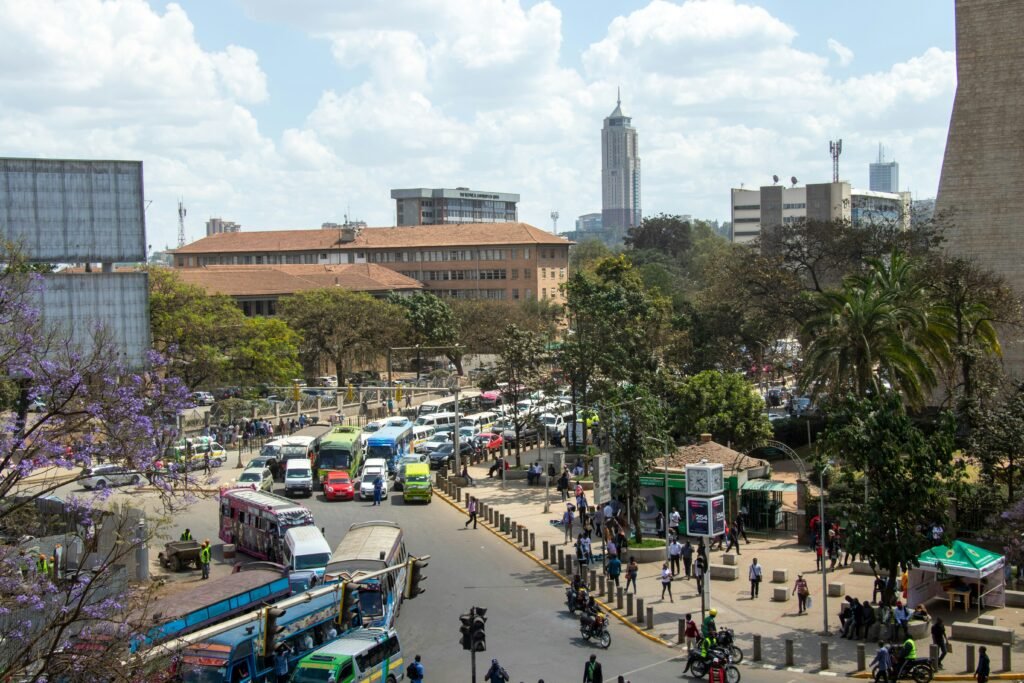Politics
Kenya Is the New Home of the United Nations
In a historic turn for global governance, Nairobi, Kenya, is emerging as the newest epicenter for the United Nations, marking a dramatic shift in how—and where—the world’s largest international organization operates.

What’s Really Happening?
The United Nations is in the process of relocating the global headquarters of three major agencies—UNICEF (United Nations Children’s Fund), UN Women (United Nations Entity for Gender Equality and the Empowerment of Women), and UNFPA (United Nations Population Fund)—from New York to Nairobi. These agencies will join the long-established headquarters for UN Environment Programme (UNEP) and UN-Habitat, making Nairobi one of only four cities worldwide (alongside New York, Geneva, and Vienna) to host multiple UN global headquarters.
The relocation, set for completion by the end of 2026, is not the wholesale move of the UN’s main Secretariat or the Security Council, but these decisions mark Nairobi as the new nerve center for some of the UN’s most critical humanitarian and development functions.
Why Nairobi? The Drivers Behind the Move
- Cost Efficiency: Running large bureaucratic offices in New York and Geneva is increasingly unaffordable, especially with the UN facing severe budget cuts and evolving donor priorities. Relocating to Nairobi will dramatically lower operational expenses for office space, staffing, and logistics.
- Strategic Location: Nairobi’s central position in Africa—next to regional flashpoints like Somalia, South Sudan, and the Horn—makes it an ideal hub for crisis response and humanitarian operations. The city’s airport, digital infrastructure, and diplomatic corps are already well-developed to host global delegations.
- Modern, Expanding Infrastructure: The United Nations Office at Nairobi (UNON), with help from both Kenya and international donors, recently completed a $340million upgrade. Additions include a state-of-the-art 9,000-seat assembly hall and expanded conference facilities. New staff housing, international schools, and rec centers are under development.
- Internal Reform: Under the ‘UN@80’ agenda, the organization aims to decentralize decision-making, bring leadership closer to the regions it serves, and make global governance more inclusive and locally responsive.
- Host Country Support: The Kenyan government has provided land, tax breaks, security guarantees, and infrastructure upgrades to support the UN’s growing presence.
What Changes for Kenya (and the World)?
- Increased Global Influence: Nairobi is set to welcome an estimated 800 new direct UN staffers, with thousands more indirect jobs in construction, hospitality, and services. This will boost the Kenyan economy by an estimated $350million per year, already eclipsing Kenya’s famed coffee exports.
- Diplomatic Clout: The move cements Kenya’s status as a diplomatic gateway between the Global South and international centers of power, with major summits and UN events likely to increasingly take place in Nairobi.
- Regional Stability: With more crisis management and humanitarian operations based in Nairobi, the UN will be better positioned to respond rapidly to emergencies across East and Central Africa.
- A Symbolic Shift: Hosting multiple UN agencies in Nairobi signals a deliberate shift of global governance power to the Global South, reflecting Africa’s rising strategic and demographic importance in world affairs.
Not the End of New York—But a New Beginning
The relocation doesn’t mean the UN is abandoning its iconic New York HQ or its functions in Geneva and Vienna. Instead, the move is about sharing global power, decentralizing leadership, and modernizing to remain relevant amid new geopolitical realities and tighter budgets.
As Nairobi steps into its role as the new UN hub, Kenya finds itself at the forefront of international cooperation, diplomacy, and humanitarian action—a pivotal milestone for the continent and for a changing world.